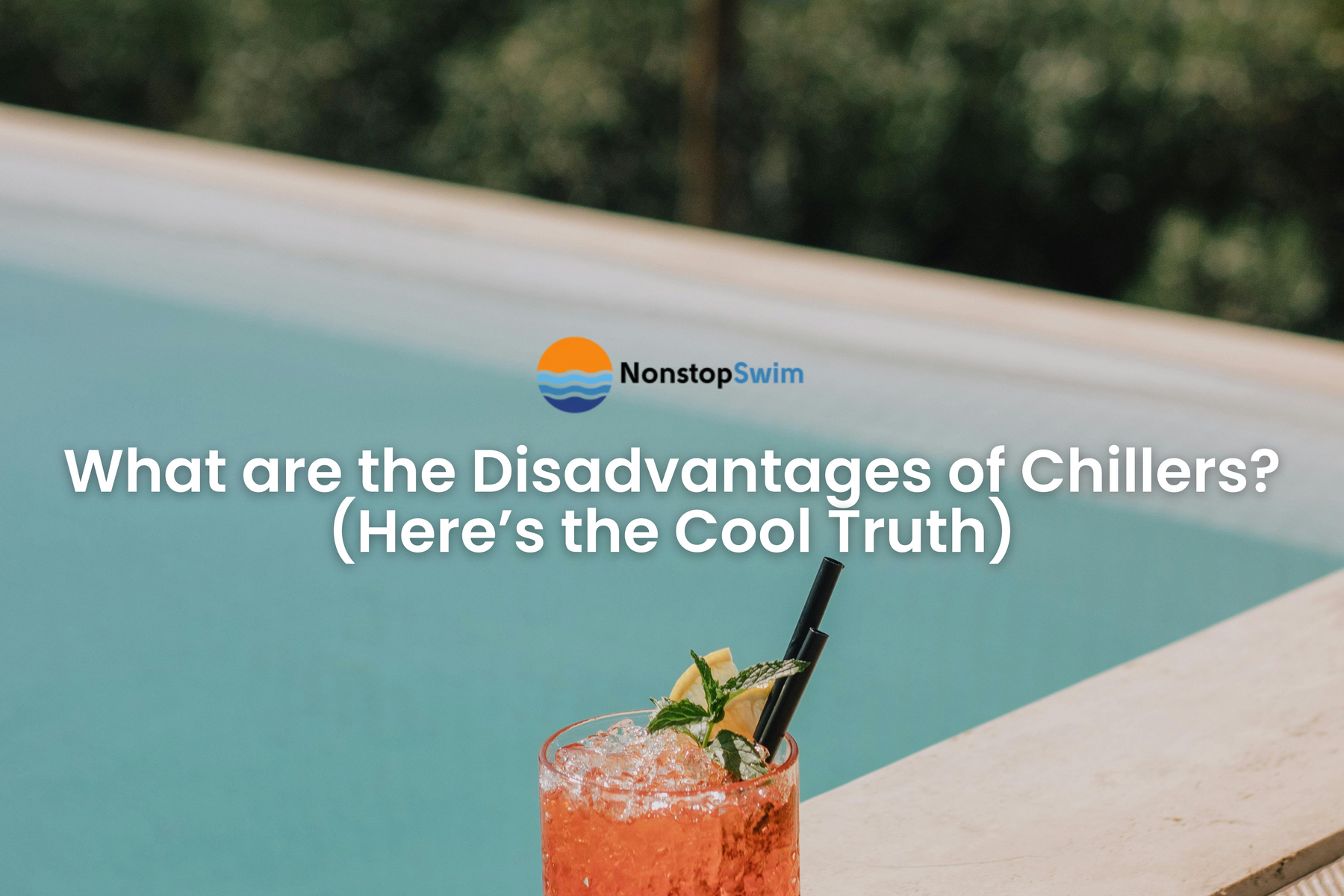
What Are the Disadvantages of Pool Chillers?
The Costs of Pool Chillers
Pool chillers may seem like the perfect answer to scorching summer water - but it’s worth understanding the not-so-refreshing side of owning one.
They can be pricey, power-hungry, noisy, and take up more room than expected.
Keep reading to find out if the trade-offs are worth it - or if another cooling method might be a better fit for your pool.
High Initial and Long-Term Expenses
Let’s start with the budget. Pool chillers aren't cheap. Even a mid-sized unit like the Glacier Pool Cooler can set you back a few thousand dollars. And that’s before installation.
Speaking of which - installation isn’t always DIY-friendly. You may need a licensed pro to get your unit running, and that adds more to the bill.
Once it's in, monthly energy costs can creep up fast, especially during peak summer use.
And don’t forget regular upkeep - filter changes, coil cleanings, and occasional repairs all cost time and money.
Installation and Maintenance Needs
Installing a pool chiller isn’t as simple as placing it next to the pump. Many units require electrical work, plumbing connections, and space for airflow.
It’s the kind of job that calls for an expert, not just a wrench and a YouTube video.
After installation, the upkeep doesn’t stop. If coils get dirty or parts wear out, your chiller won’t perform well. Skip the maintenance, and it might stop working during the hottest week of summer. That’s not just inconvenient - it can be costly too.
Performance and System-Specific Challenges
Vulnerability to Operational Issues
Chillers are machines, and like all machines, they don’t always behave. Power outages, water flow issues, or clogged filters can cause breakdowns.
Even well-maintained systems can lose efficiency over time. If the chiller starts working harder than usual, that means higher electric bills and lower cooling performance. Some users notice their pool takes longer to cool than expected, especially in extremely hot climates.
It’s not a deal-breaker, but it can be frustrating when you just want a quick dip in cool water.
Space and Noise Considerations
Pool chillers need a good amount of space for airflow and safe operation. If your pool equipment area is tight, finding room could be tricky.
Then there’s the sound. Some models are pretty quiet. Others? Not so much.
If your pool area is close to bedrooms, patios, or neighbors, the hum or fan noise could become a regular annoyance. Before buying, always check the specs and consider the location.
Final Thoughts
A pool chiller can definitely make your swimming experience wildly more refreshing on blazing hot days. But it’s important to know what you’re signing up for!
Think about the space, cost, and care it’ll need - and whether it fits into your lifestyle. If you go in prepared, you’ll avoid surprises and stay cool all summer long. And contact us with any questions!
Related reading:



Leave a comment